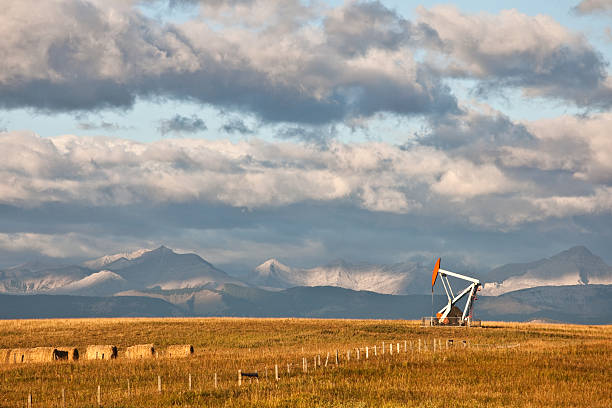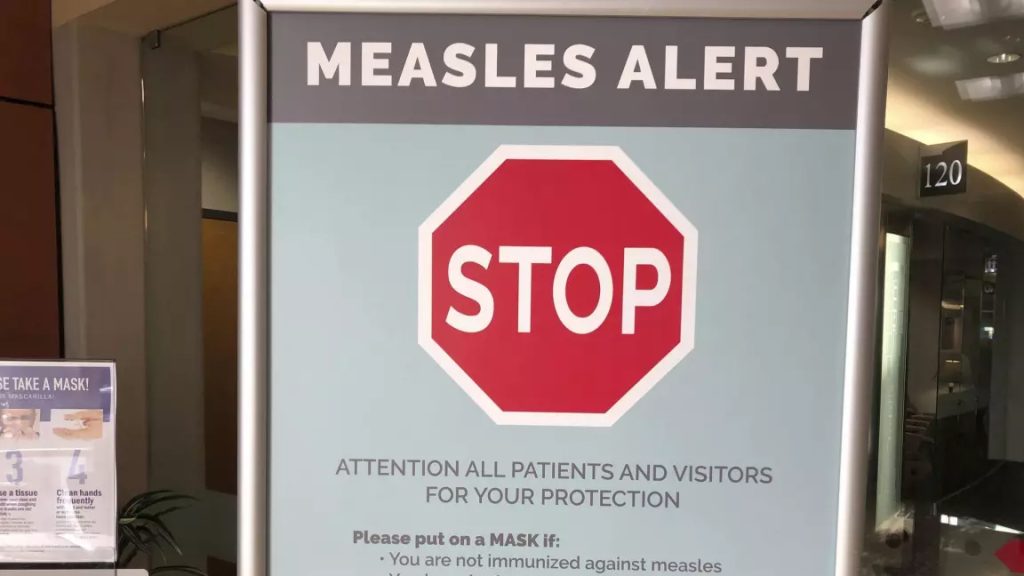With a $3.9B surplus in Alberta, should that money be used to make life more affordable?

Posted June 29, 2022 5:35 pm.
Last Updated June 29, 2022 5:50 pm.
To misquote late President John F. Kennedy, ask not what you can do for your government, but with a $3.9-billion surplus, what do you think your government should be doing for you?
On Tuesday, the province released a fiscal update that showed record-high oil and gas revenues.
Some advocates are calling for the Assured Income for the Severely Handicapped (AISH) program to be re-indexed after it was deindexed by the United Conservative government, meaning it isn’t keeping up with inflation.
“If we right-side and index those income supports to inflation, what we will see is that we won’t have to spend more money on interventions like shelters, emergency health-care, emergency food provision down the road because we’re adequately investing in Albertans and making sure they’re staying afloat,” said Meaghon Reid, Executive Director of Vibrant Communities Calgary.
“It’s really shocking that we’re not directing those funds to help people who are in the most vulnerable positions in Alberta, particularly people in poverty, to help them get afloat and stay afloat in this time of economic crisis,” said Reid.
CityNews specifically asked Community and Social Services Minister Jason Luan’s office how much reindexing AISH would cost.
Instead of providing a response to the question, Luan’s office patted itself on the back over AISH rates and said they’re looking at helping Albertans deal with inflation.
“Alberta’s government knows how important social programs like Assured Income for the Severely Handicapped (AISH) are for people who rely on them. That is why Alberta’s AISH rates at $1,685 are the highest among the 10 provinces. At over $1.4 billion, this is the largest budget AISH has ever had as well,” Luan’s statement read.
“We know inflation is affecting Albertans right now and that is why Alberta’s government is working hard to find solutions to address this issue,” said Luan.
Read More:
-
Alberta back to black with $3.9B surplus, but many Albertans still in the red: Fiscal update
-
One-in-four Canadians struggling financially: Angus Reid
-
With inflation at a 40-year high in Canada, how are Calgarians adapting to the cost of living?
Alberta raked in $16.2B in oil and gas royalties in 2021 due to high prices caused by Russia’s invasion of Ukraine. The previous record was $14.3B in 2005/06.
The surplus comes as the province anticipated an $18.2B deficit instead.
Finance Minister Jason Nixon made it clear no more support to help Albertans deal with the high cost of living or inflation would come until the Fall after the government can assess the impact the natural gas and electricity rebates have had on the economy.
On Tuesday, he explained providing more support now means more government money which could increase inflation more.
“We are prepared as a government to do more affordability measures in the coming months, and I suspect I’ll have more to say about that in August when we do the Q1 update,” Nixon said.
Our focus right now is getting the affordability measures out that we have already announced and making sure they’re getting into Albertan’s [pockets] at the moment,” Nixon said.
He also said the federal government’s carbon tax is part of why the cost of living is so high, calling on the Liberals to get rid of it.
“Good economics would suggest when you have inflationary pressure coming from the demand side, which at least is in part of what’s triggering the 7.7 per cent increase, then spending needs to be cut,” Economist Moshe Lander explained.
“If they came out and said that government spending is inherently inflationary, we don’t want to contribute to the problem by spending more money.”
“We appreciate your concerns, we’re going to find other ways to help you out with utility bills, but it’s not going to be through spending more money, then okay it’s just that this government does not want to spend that money. So, they have a convenient scapegoat to say this is why we’re not,” said Lander
CityNews asked Calgarians what they think the $3.9B surplus should be used on.
“I want to see downtown revitalized so that there’s more people working and more people on the trains and just walking around in general because it kinda seems very desert-like since COVID. So, bring people back downtown,” one woman said.
“I’m old enough to remember the ‘Ralph bucks’, so I remember getting a cheque for that. That was quite unique. We can all use the extra help right now, paying at the pumps or paying the bills,” said another man.
Alberta is predicting a $511 million surplus for its current 2022-23 budget year.








